Upskilled workforce and intelligent technologies to maintain competitive edge in manufacturing
June 10, 2020 1:07 pm
As companies are becoming smarter in manufacturing processes, it is important to remain agile and open to new technologies and innovations.
Talking about India’s transition towards smart factories, Saravanan Panneer Selvam, General Manager, Grundfos India, says that an organisation must incorporate and comply with the forward-looking outlook towards adoption of smart factories. He also discusses how companies are attempting to instil the technologies and new processes across various levels and witness seamless transition in their organisations.
How has your company’s journey been in adoption of smart factories?
For the last 75 years, Grundfos has been a pioneer in innovating advanced pumps solutions and a trendsetter in water technology. Being responsible, thinking ahead and innovating is our promise to society and our customers. Therefore, having smart factories to make our sustainable and intelligent products has been an integral part of our innovation journey. As an organisation, we believe that efficiency and digital solutions are the redefining factors for a smart factory.
Smart factories have helped us further streamline and scale our innovations to provide solutions to real-world water challenges. Robotics has also been an integral part of our factories since the mid-1990s. We have been optimising our robotics usage by customising it on the basis of specific production requirements. While some of the robots were bought, some specific ones were built by our own team members to carry out specific tasks. This ensures that multiple tasks are completed at a reduced time frame.
What kind of steps do companies, includes MSMEs, need to take for the adoption of smart factories?
First and foremost, the companies must believe that digitalisation and automation will not only improve the quality standards but also reduce the time to manufacture. Then companies must embrace the digitalisation as an approach and make it a key element of their processes and business. This can be followed by identifying redundancies or bottlenecks in manufacturing and supply chain. Relevant technologies such as Artificial Intelligence (AI), big data or IoT can be used to bridge existing gaps and streamline processes to optimise efficiency. While this shift requires planned investment in technology, protocols and processes, it has become an essential requirement for companies to stay competitive and sustainable. This process must be monitored closely, and feedback should be provided on the efficiency in order to course correct immediately if needed, in order to grow and become a sustainable organisation.
How have Machine Learning (ML), Artificial Intelligence (AI), robotics, automation and big data been implemented by OEMs to move towards a Connected Enterprise?
The advent of Industry 4.0 technologies has reshaped industries and enterprises. They create opportunities for innovative disruptions that can help organisations improve its products and processes. There is also an increased emphasis on improving sustainability while deploying and scaling these technologies. Connected Enterprises driven by these technologies are going to be the future of manufacturing and associated OEMs. ML, AI, robotics, automation, and big data are some of the building blocks of a Connected Enterprise. Such platforms introduce a host of new opportunities for OEMs. It has a positive impact on the business model of an OEM and can be used to reduce downtime, improve operational capabilities, and integrate monitoring and remote management facilities. In the long run, this also helps OEMs improve their cost efficiency of production.
What are the challenges faced by OEMs while transitioning towards smart factories?
While smart factories have infinite potential, there are a few roadblocks that need to be overcome before successfully completing the transition. The primary apprehension would be associated with the cost of updating or transitioning the factory. While there is an initial cost associated with installation and set-up, the overall life cycle cost is significantly lesser. Smart factories will be able to provide more value cost efficiently, in comparison to its traditional counterparts. The organisation must truly imbibe the forward-looking outlook associated with smart factories and try to instil this across all levels in the organisation. This will ensure that employees believe in the vision and increase the seamless nature of the transition. Additionally, existing workforce must be upskilled in order to equip them to effectively utilise Industry 4.0 technologies in smart factories.
What kind of technological advancements can we expect with respect to smart manufacturing in the coming years?
Industry 4.0 has set the tone for smart manufacturing. Companies will need to adapt their processes and use these technologies going forward to maintain their competitive edge. Such technologies are going to be pivotal in improving energy efficiency, productivity, quality standards and in reducing lead time with limited human error by managing data extensively.
The key element of being smart will also include the sustainable aspects of all the processes involved, right from raw material procurement to delivering the finished product. This way any organisation can contribute to its own future needs by reducing their energy requirement and using all the existing resources smartly. As companies move towards the future, it is important to remain agile and open to new technologies and innovations.
Elaborate on the company’s noteworthy offerings including innovation and digitalisation.
We develop water solutions for the world. As a leader in the pump industry, Grundfos has been at the forefront of innovation and product development. We were one of the first pump companies to couple our solutions with Internet of Things (IoT) way back in 2007.
Being in the water business, we were the first to introduce electronics built into our pumps, thereby making them fully automatic. Grundfos’ electronic pumps or E-pumps are equipped with integrated controls and sensors that help the systems adapt to changing demands. Its built-in frequency converter ensures that the pumps change their speeds according to their demands and hence are significantly more energy-efficient with optimised performance capabilities.
Additionally, Grundfos iSOLUTIONS is currently the frontrunner of our digitalisation strategy. iSOLUTIONS helps our pumps manage pressure and flow on the basis of the load to improve efficiency. This also enables remote monitoring and preventive maintenance to reduce downtime. The integrated controls enable the pumps to intelligently understand requirements such as demand for additional pressure and flow and adapt accordingly. This dynamic nature ensures that the pumps/systems operate at their best efficiency points at most of the time and hence the energy consumption is optimised. This leads to operational efficiency and cost savings in the long run.
Our solar solutions like SQFlex and CRFlex, which can use multiple energy sources, improve access to water in remote locations without grid-based electricity, that pioneer in the renewable energy sector. We continue to look for more ways to use such smart technologies and improve the overall efficiency and sustainability of our products.
Cookie Consent
We use cookies to personalize your experience. By continuing to visit this website you agree to our Terms & Conditions, Privacy Policy and Cookie Policy.



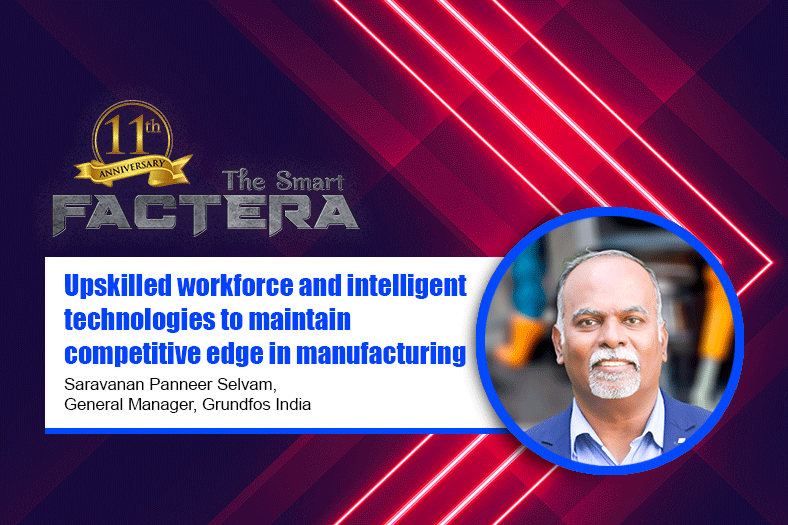

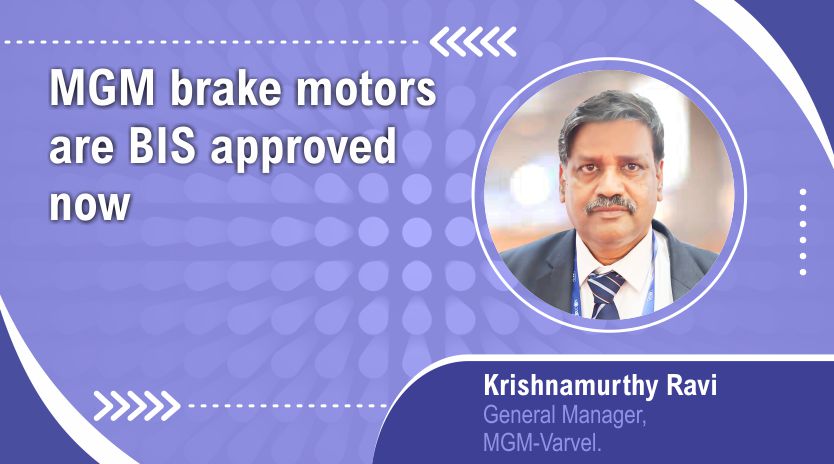
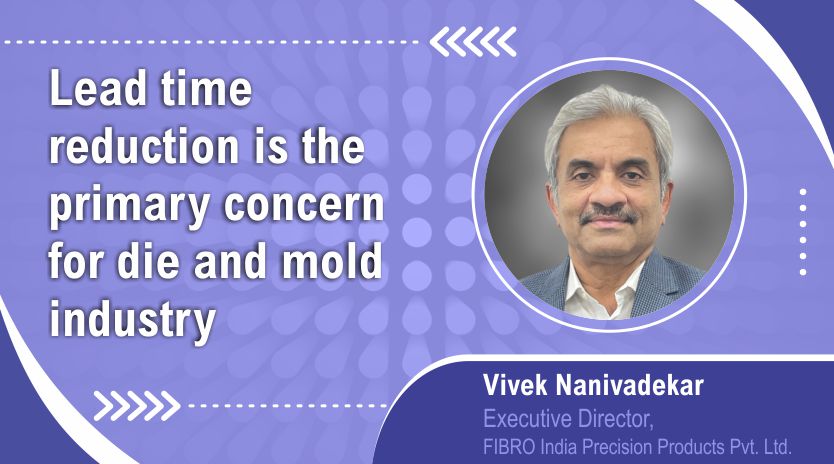
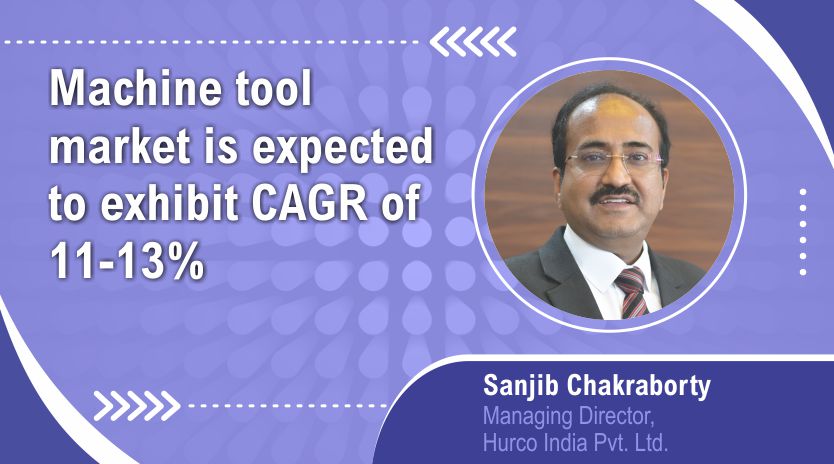
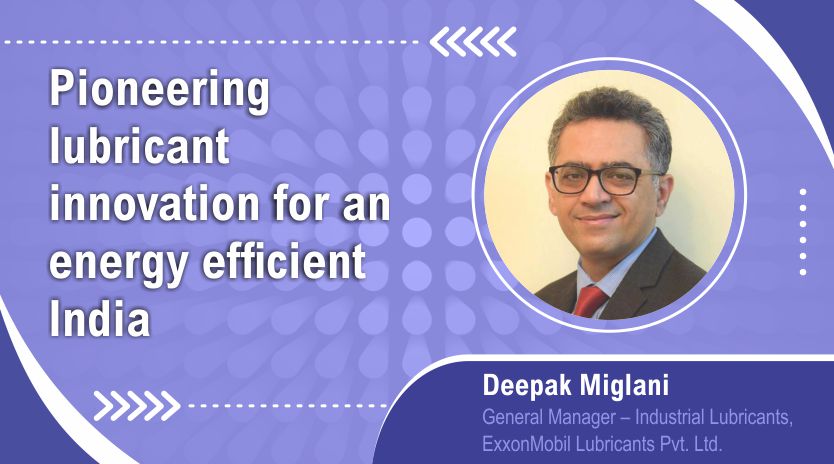
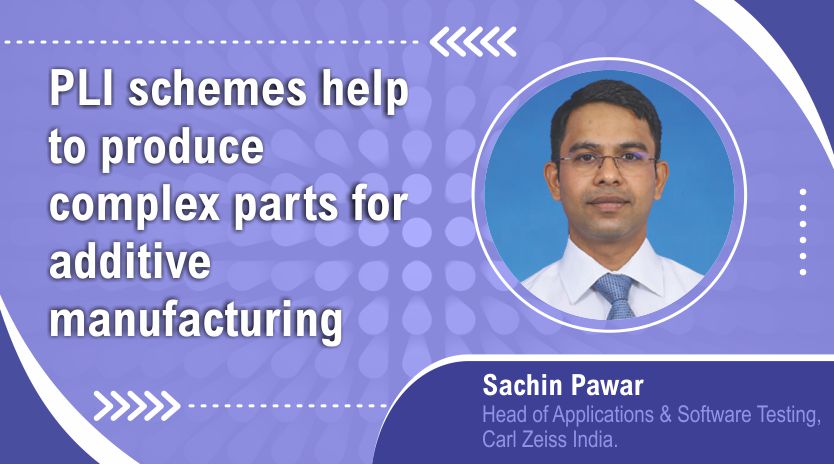
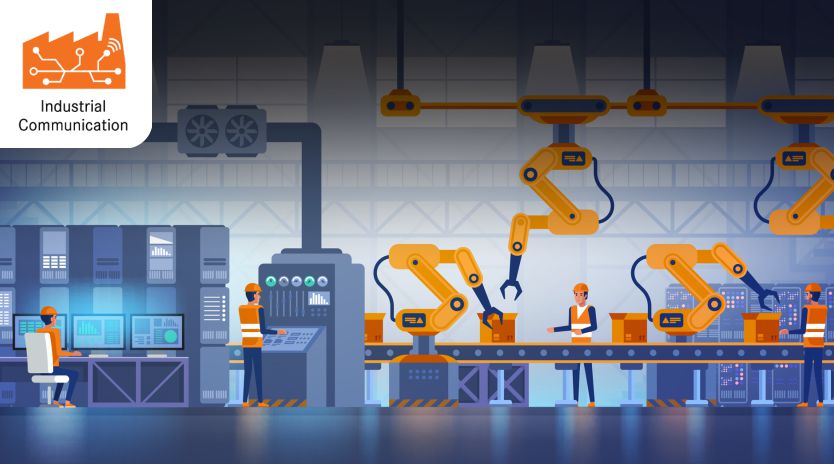

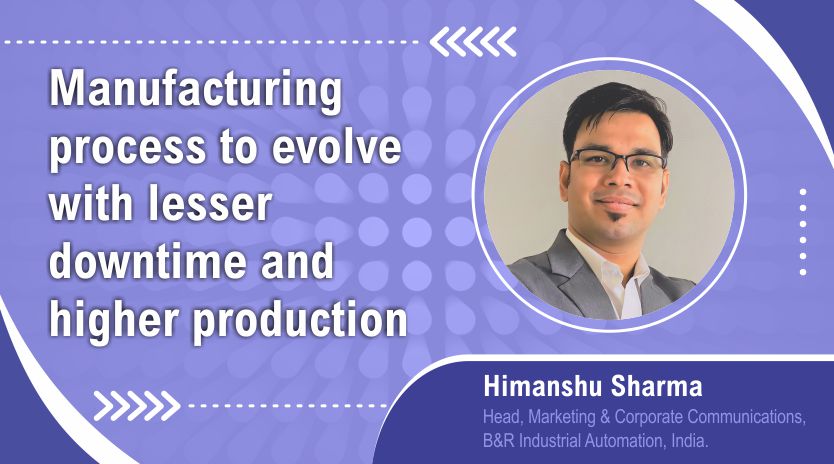
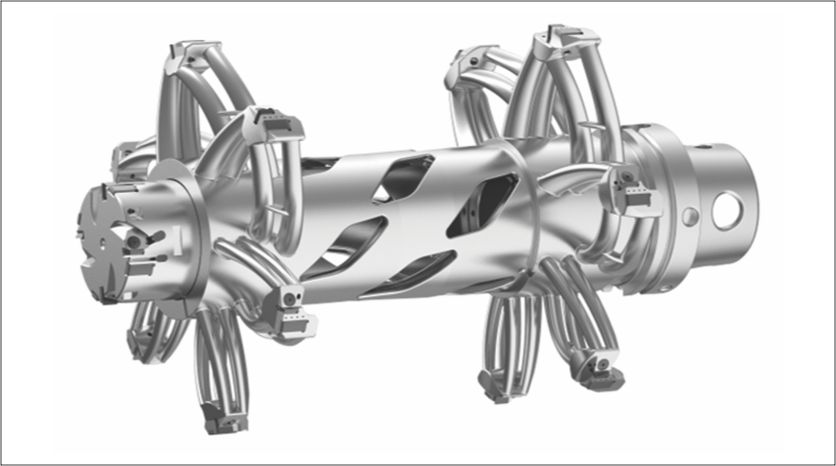



 English
English Hindi
Hindi